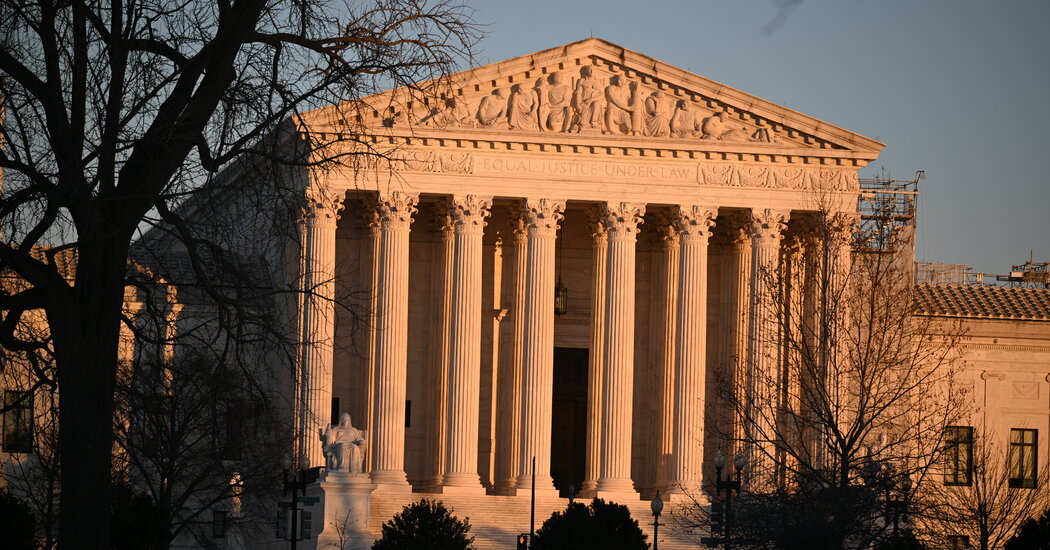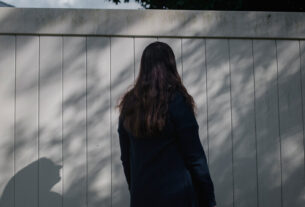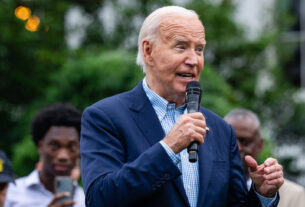The Supreme Court agreed on Friday to consider a high-profile case that could open the door to allowing public dollars to directly fund religious schools.
The widely watched case out of Oklahoma could move the line between church and state in education, and it will come before a court whose conservative majority has broadly embraced the role of religion in public life.
The case centers on a proposal for the nation’s first religious charter school, St. Isidore of Seville Catholic Virtual School. The school would be online, and its curriculum would embed religious teachings throughout lessons, including in math and reading classes.
As a charter school, it would be run independently from traditional public schools. But public taxpayer dollars would pay for the school, and it would be free for students to attend.
The question of whether the government can fully finance a religious school has proved especially divisive within the school choice movement and across Oklahoma. Some conservative Christian leaders, including Gov. Kevin Stitt and Ryan Walters, the firebrand state superintendent who has sought to require teaching from the Bible in public schools, have backed St. Isidore’s creation.
They urged the Supreme Court to take up the case, believing the conservative-leaning court would decide in the school’s favor.
A coalition of religious leaders, advocates of public schools and some other state Republicans say the proposal is unconstitutional. Oklahoma’s Republican attorney general, Gentner Drummond, argued it would “open the floodgates and force taxpayers to fund all manner of religious indoctrination, including radical Islam or even the Church of Satan.”
After St. Isidore was approved by a state board in June in a narrow 3-to-2 vote, the Oklahoma Supreme Court blocked its creation. The justices wrote in a majority opinion that the school would “create a slippery slope” that could lead to “the destruction of Oklahomans’ freedom to practice religion without fear of governmental intervention.”
Still, as more Republican state legislatures move to support school vouchers and other options for parents to use public money to educate their children in private schools, including religious schools, some legal experts believe that charter schools would become another major arena in the debate.
Justin Driver, a professor at Yale Law School, said that a Supreme Court decision that allows religious charter schools “would represent nothing less than a sea change in constitutional law.”
“It is difficult to overstate the significance of this opinion for our constitutional order and the larger American society,” Mr. Driver said.
The case will present new education questions for the U.S. Supreme Court’s 6-to-3 conservative majority, which has shown an openness to religion in the public sphere. Justice Amy Coney Barrett, a member of the conservative bloc, recused herself from the case but did not explain why.
In a 2022 ruling, the court ruled that a high school football coach had the right to pray on the field after his team’s games.
Other recent cases have barred Maine and Montana from excluding religious schools from state tuition programs or scholarships to students in private schools. Chief Justice John G. Roberts Jr. wrote in both cases that states are not required to support religious education, but that those that opt to subsidize private schools cannot discriminate against religious ones.
Supporters of St. Isidore argue that blocking a religious charter school from receiving funding violates the First Amendment’s protection of religious freedom.
The school was initially set to open in August and would be managed by the Roman Catholic Archdiocese of Oklahoma City and the Diocese of Tulsa. Leaders of the school say it would accept students of all faiths.
But opponents say that it would run into conflict with the constitutional prohibition on government establishment of religion, infringing on religious freedom.
For decades, the hybrid nature of charter schools — sharing features of both public schools and private institutions — has made it difficult for courts to determine how different education issues should apply to them, according to Preston Green, a professor at the University of Connecticut who studies educational law.
Still, Mr. Green said he believes St. Isidore’s argument “could be very attractive” to the conservative justices — and that if the court ultimately sides with the charter school, “the implications are potentially huge.”
In the movement to remove barriers to funding religious education, “charter schools are really the next frontier,” Mr. Green said. “And it doesn’t end here.”





